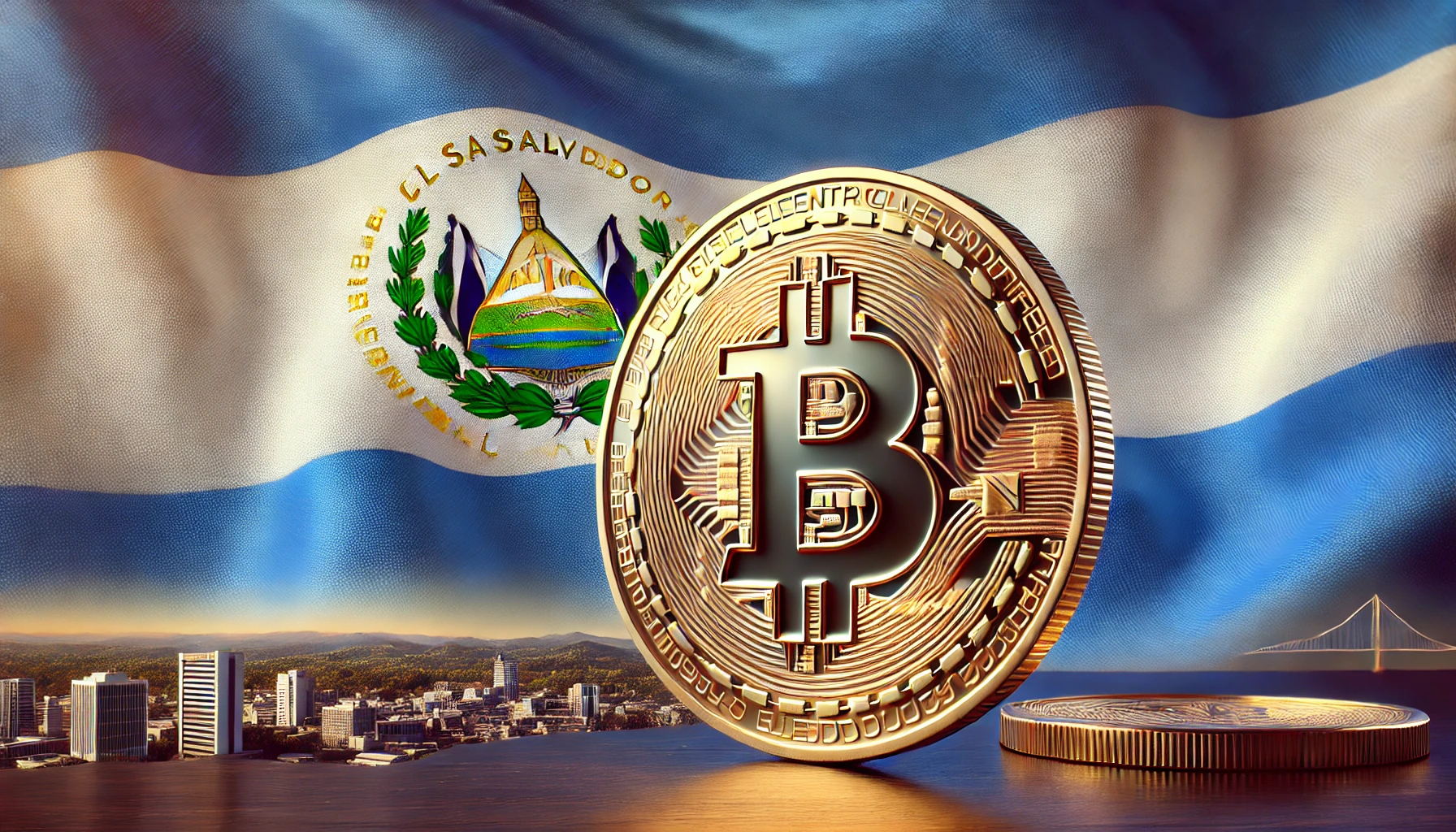
This story is still under development and its content, sources or opinions may change over time.
According to Financial Times, El Salvador is negotiating a $1.3 billion loan with the IMF, which signals a potential shift in its Bitcoin policy from mandatory to voluntary acceptance, raising concerns about the impact on its image as a crypto-friendly nation.
Key Points
- The IMF’s concerns about Bitcoin’s volatility and its impact on financial stability are central to discussions, suggesting that further regulatory frameworks may be necessary.
- The proposed agreement includes measures to strengthen El Salvador’s public finances, such as reducing fiscal deficits and enhancing transparency, deviating from its earlier aggressive Bitcoin adoption strategy.
- Current cryptocurrency market dynamics show Bitcoin priced at approximately $98,268.81, with a Fear & Greed Index rating of 83, indicating extreme greed among investors.
El Salvador’s Negotiations with the IMF
According to a Financial Times report, El Salvador is currently in discussions with the International Monetary Fund (IMF) regarding a potential $1.3 billion loan. The agreement is anticipated to be finalized within the next two to three weeks, representing a key financial move for the Central American nation as it seeks solutions to its economic challenges. This loan is expected to provide critical financial support to stabilize the economy amid ongoing fiscal pressures.
The terms of the loan come at a price for El Salvador’s Bitcoin policy, as the IMF has raised concerns about the inherent risks associated with Bitcoin’s volatility. The discussions have leaned toward a reassessment of the country’s aggressive stance on cryptocurrency, particularly focusing on enhancing public finance policies to ensure economic stability.
Implications for Bitcoin Policy
Negotiations with the IMF have led to suggestions that El Salvador may transition from mandatory to voluntary acceptance of Bitcoin among businesses. This shift could significantly alter the nation’s image as a crypto-friendly jurisdiction, reflecting a broader reconsideration of its cryptocurrency strategy. The IMF has advocated for stricter regulations surrounding Bitcoin, emphasizing the need for consumer protection, financial stability, and enhanced transparency within the crypto market.
The proposed adjustments to the Bitcoin law could lead to a narrowing of its current framework, thus scaling back El Salvador’s prior enthusiasm for cryptocurrency. Additionally, the government’s direct investments in Bitcoin, including initiatives like “Bitcoin City” and daily Bitcoin purchases, are likely to be reevaluated in light of the IMF’s warnings regarding fiscal risks associated with such strategies.
Economic Stability and Financial Oversight
The IMF’s recommendations include measures aimed at strengthening El Salvador’s public finances, including reducing fiscal deficits and increasing bank reserve buffers. Improving governance and transparency is also a priority in the negotiations. This focus on fiscal responsibility contrasts with El Salvador’s initial strategy of fully embracing Bitcoin as a cornerstone of its economic growth.
Securing the IMF loan would enable El Salvador to manage its debt more effectively and fund public spending, potentially leading to improved economic stability. However, this approach may come at the expense of the innovative edge that its previous crypto policies aimed to provide, which could influence investor confidence. Some may view this as a return to conventional economic practices, while others may perceive it as a setback for cryptocurrency innovation.
Domestic and International Reactions
The mixed sentiment within El Salvador reflects differing opinions on the potential economic stability that could arise from these negotiations. Some stakeholders welcome the prospect of a more stable economic environment, while members of the crypto community may consider this shift a betrayal of the nation’s commitment to Bitcoin.
Internationally, the changes are interpreted as a pragmatic response to align with global financial norms. Critics of cryptocurrency may view this development as validation of their concerns about Bitcoin, while advocates could argue that it represents a temporary setback rather than a permanent retreat.
Future Considerations and Market Context
Amidst these negotiations, there are speculations that El Salvador could consider establishing a Bitcoin Strategic Reserve, similar to proposals in the U.S. under certain political conditions. However, the current focus appears to be on mitigating risks associated with Bitcoin’s volatility, as the IMF has explicitly advised against using cryptocurrency as a national reserve.
As of now, Bitcoin’s market price stands at approximately $98,268.81, with a Fear & Greed Index reading of 83, indicating extreme greed among investors. This context highlights the ongoing volatility and investor sentiment surrounding cryptocurrencies, which may play a role in how El Salvador navigates its financial strategies with the IMF.
While the negotiations signal a recalibration of El Salvador’s economic and cryptocurrency policies, the long-term implications for its Bitcoin strategy remain uncertain. This situation illustrates the complex balance between pursuing financial innovation and adhering to more traditional economic stability measures. The outcome of these discussions will likely shape the future landscape of cryptocurrency in El Salvador and beyond.
Disclaimer: All information provided on this website is for informational purposes only and should not be construed as financial or investment advice. We do not guarantee the accuracy, completeness, or timeliness of the information, and we are not responsible for any financial decisions you may make based on this information. Cryptocurrencies are highly volatile assets, and any investment in them carries a high level of risk.
More Like This

Ark Invest Sells $3.9 Million In Coinbase Shares

HBAR May Get ETF Approval Before Solana or XRP Does
*AI technology may have been used to develop this story and publish it as quickly as possible.

